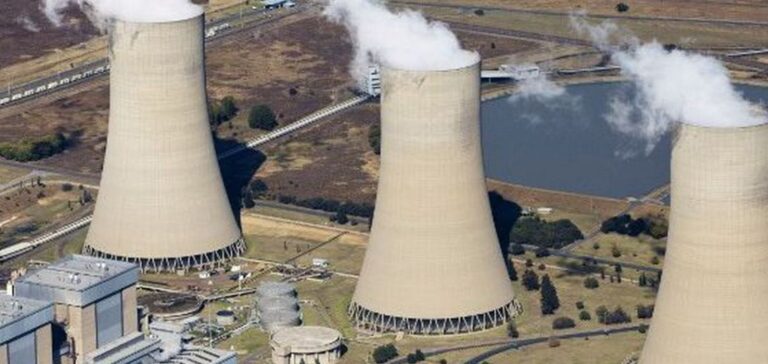NRC President Christopher Hanson and Nii Kwashie Allotey, Director General of Ghana’s Nuclear Regulatory Authority (NRA), discussed “their important collaboration since the signing in 2017 of an inaugural bilateral agreement for cooperation and technical information exchange”.
Nuclear power in Ghana: Meeting with the authorities and setting up a regulatory structure.
Ghana is developing a program and regulatory framework for its nuclear power project.
Ms. Allotey said, “We value the partnership that the NAR has forged over many years with the U.S. NRC…we greatly appreciate the NRC’s expertise as we seek to develop Ghana’s own independent and robust regulatory oversight program. International partnerships like this provide a solid foundation for NAR’s monitoring programs, which will protect people and the environment and harmonize with international standards and obligations.”
Mrs Hanson, who was visiting Ghana, said: “We have been working closely with the Ghana NRA as it develops an independent and technically competent regulatory program to oversee commercial nuclear power in Ghana. Establishing a strong and transparent regulatory framework based on high safety standards is a crucial step towards the adoption of nuclear technologies. We have a long-standing partnership with Ghana’s regulator, and look forward to our continued collaboration as the NRA moves forward in establishing a regulatory structure.”
During her visit to the country, Hanson also met with the Ghana Atomic Energy Commission, the Ministry of Energy. and the Ministère de l’Environnement, des Sciences, de la Technologie et de l’Innovation. NRC stated that a key message was the importance of regulatory independence to strengthen public confidence. The Ghana Nuclear Power Programme Organisation was created to oversee the implementation and coordination of the nuclear power programme, following a 2008 cabinet decision to include nuclear power in the African country’s energy mix.
Nuclear energy in Ghana: progress and plans for a nuclear power plant.
Ghana subsequently declared its intention to pursue a peaceful nuclear program in August 2013, by means of a letter to the International Atomic Energy Agency (IAEA). The Nuclear Regulatory Authority and a project company – Nuclear Power Ghana – have also been created. Ghana has adopted the IAEA’s Step-by-Step Approach, a progressive method to help countries considering or planning their first nuclear power plant.
In August last year, President Nana Akufo-Addo declared that the country had officially left the first of its three-phase programs – “Considerations before a decision to launch a nuclear program is taken” – Phase 2 – Preparatory work for the construction of a nuclear power plant after a political decision has been taken. The third and final stage of the policy is “Implementation activities for the first nuclear power plant”.
According to information from the World Nuclear Association, Ghana’s Minister of Environment, Science, Technology and Innovation said in 2021 that five suppliers – from the USA, Russia, Canada and South Korea – had responded to a request for interest to help the country build its first plant, A contract for a 1 GWe plant is expected to be signed in 2024-2025. Last year, the USA, Japan and Ghana announced a strategic collaboration to support the deployment of small modular reactors in the West African country.






















